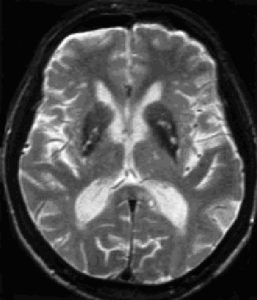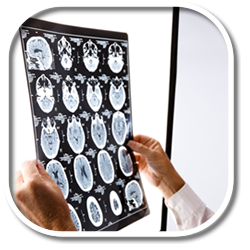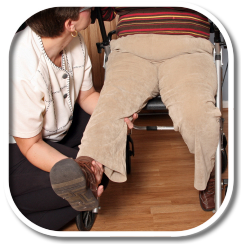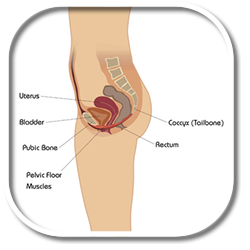Bethanie Joondanna Visit
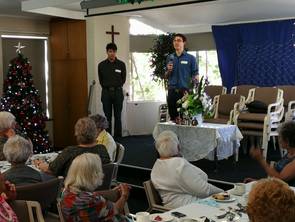
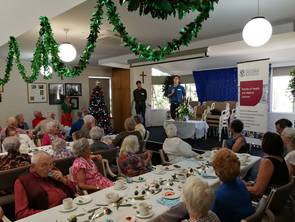
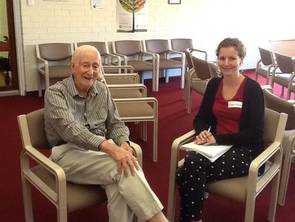
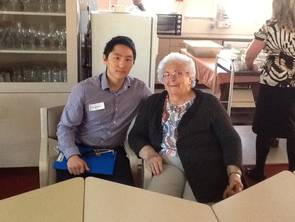
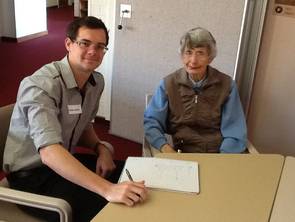
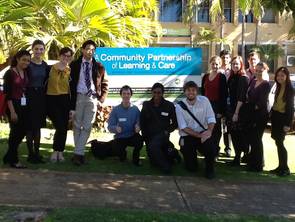
In an exciting collaboration UWA medical students undertaking the Residential Care Module can now attend at Bethanie Joondanna to meet residents. Please refer to the student handbook. Other FAQ are here:
When should I attend?
Depending on your site, please refer to your timetable or information pack. We endeavor to schedule two groups of students, one each on the Tuesday and Wednesday morning of the week of your residential care module.
Where do I go?
Bethanie Joondanna is at 5 Osborne St Joondanna WA 6060. Once you arrive signposting to the entrance is clear.
How do I prepare? How will I know if I can visit a resident?
Please present at the scheduled time. If you have not already completed Hand Hygiene Australia’s Student Health Practitioner Modules please do so prior to visiting Bethanie. Please ensure you carry evidence of your immunisations & police clearance when on placement at Bethanie. There will be a brief whole group orientation, and directions to meetings with individual residents provided.
Do I need to ask permission to speak to a resident?
Residents have already provided written informed consent to interact with students. However, you must verbally re-confirm the resident’s agreement to meet with you. Even if a resident has previously consented to interacting with students, there may be a problem (such as being unwell) on the particular day you attend. If it is not possible for you to meet with your scheduled resident, efforts will be made for you to join another student (i.e. to see a resident as part of a group).
I’d like to write-up my resident’s history but they “are a bit vague”.
Opportunities to view the residents’ physical and electronic health records are available. You MUST have completed the Bethanie IT confidentiality form at the time of your orientation to Bethanie to view electronic health records. Please complete the IT confidentiality form if you think you may want to access the resident’s electronic health record. Remember that assessing a “vague” person’s cognition is more important for your learning than determining the details of their documented medical history.
What should I ask the resident?
Most students will be interested in the module learning objectives. Thus you may consider
- what care does the resident receive?
- what assessment was required for the person to move to residential care, and after they entered residential care?
- which of the Accreditation Standards are relevant to this resident?
- the professionals and other people involved in providing care, and how these people work together as a team.
Thus, it will often also be useful to ask the resident about their medical history and medical care needs. However, in this module this is secondary to considering the process of geriatric assessment prior to and after entering residential care. To reach conclusions in this regard you will often need to obtain a more comprehensive understanding that includes social history, functional abilities, quality of life, and other items from the comprehensive geriatric assessment. In some cases it may be appropriate, and the resident may consent, for you to assess their cognitive and/or physical function.
Residents often say that they enjoy interacting with students. Thus, if you feel comfortable, you may also like to ask the resident if they have any feedback they would like to share with you. Specifically, you might be interested to know if the resident has any feedback about the way you introduced yourself, approached the interview, or interacted with them.
What if I am concerned about a resident?
Report your concerns to a Bethanie Manager or Supervisor immediately.
What feedback is required?
Please provide feedback using this form:
[contact-form-7 id=”6ec30d2″ title=”Feedback”]



